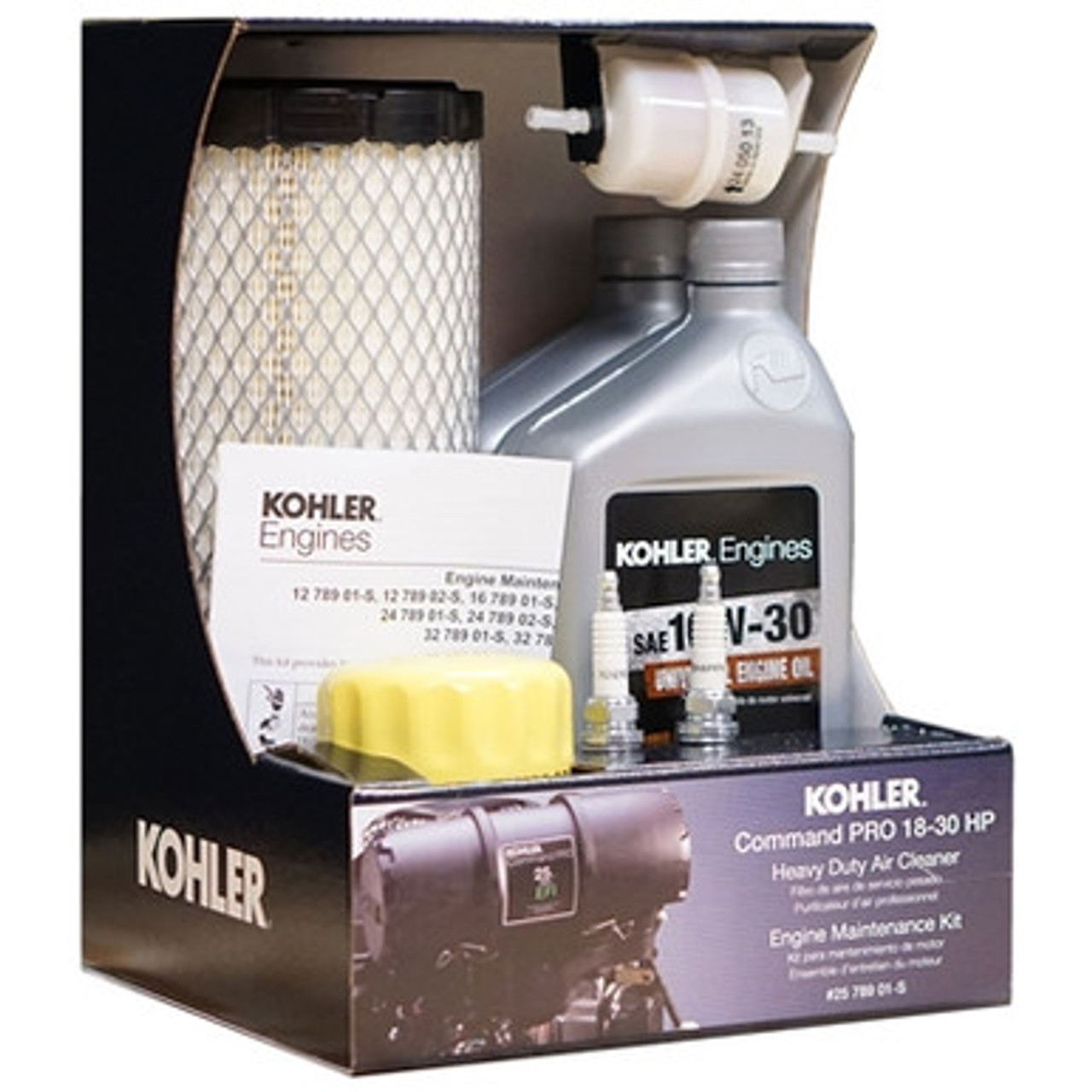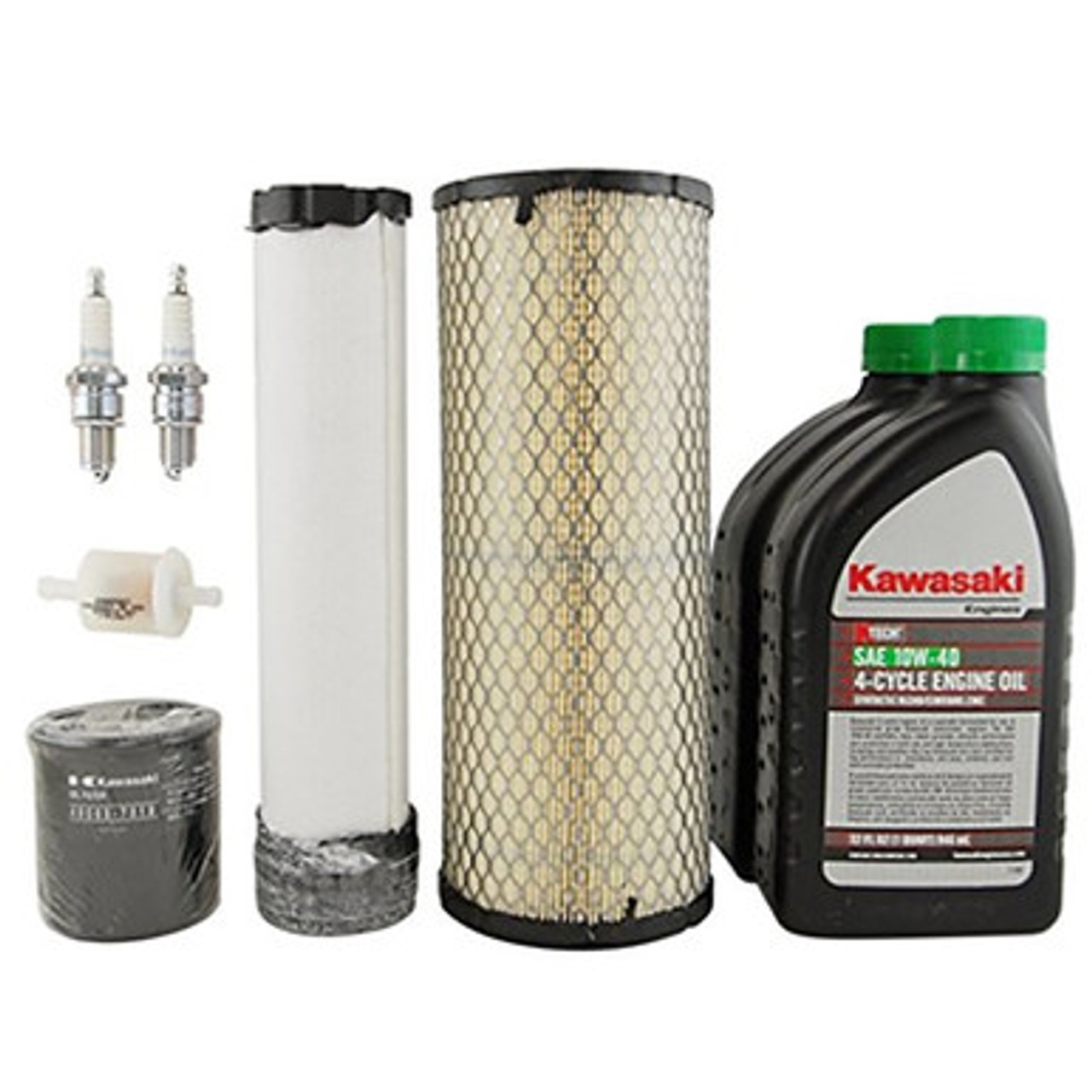Proper Care and Maintenance of Small Engines
22nd Mar 2024
Small engines are responsible for powering a variety of equipment such as lawnmowers, generators, and snow blowers. Like all machinery, they need consistent maintenance to operate efficiently. In the following section, we provide key suggestions and precautions to prolong the lifespan of your small engines, guaranteeing dependable performance.

Small Gas Engine Health Essentials
Regular Oil and Filter Changes
Adhering to the manufacturer's recommendations for oil and filter changes is crucial. Fresh oil lubricates and cools the engine, while a clean filter captures harmful debris.
Air Filter Cleaning or Replacement
A clean air filter ensures that your engine breathes properly, which is vital for combustion and efficiency. Check the filter periodically and replace or clean it as needed.
Spark Plug Inspection and Replacement
Spark plugs are pivotal for engine start and performance. Inspect spark plugs for signs of wear or fouling and replace them to maintain smooth operation.
Fuel System Check
Inspect fuel system components such as the fuel filter and carburetor for any blockages or signs of wear. Replace or clean them to ensure proper fuel flow.

Cooling System Maintenance
Remove any debris that may block the cooling fins to prevent overheating, which can lead to engine damage.
Belt and Pulley Care
Tighten or replace any loose or worn-out belts and pulleys to prevent slips and maintain proper operation.
Lubrication of Moving Parts
Ensure all moving parts are regularly lubricated according to the manufacturer's guidelines to reduce friction and wear.
Proper Storage Guidelines
Follow the manufacturer's guidelines for off-season storage, including advice on fuel and oil to prevent deterioration.
Inspection for Leaks and Damage
Regularly inspect the engine for any signs of leaks, wear, or damage. Address these issues promptly to prevent further complications.
Maintenance Schedule
Stick to a maintenance schedule as recommended in the engine's manual. This ensures all necessary care tasks are performed timely.
Essential Steps to Avoid Common Engine Problems
Proactive care can prevent several common issues:
- Hard Starting: Regular inspection and maintenance of spark plugs, fuel system, and air filters can prevent starting difficulties.
- Overheating: Keep the cooling system clean and oil levels optimal to avoid overheating.
- Hesitation or Stalling: Keep the carburetor and fuel filter clean and use fresh fuel to avoid engine stalling.
- Excessive Vibration and Noise: Check and replace loose or worn-out belts and pulleys to reduce vibration and noise.
The Importance of Preventive Maintenance
Proper maintenance is essential for maximizing the lifespan and performance of small engines. By adhering to a regular maintenance routine, you can prevent expensive repairs and unexpected failures, ultimately saving both time and money. Adhering to the maintenance schedule provided by the manufacturer is crucial for early detection of any potential problems and for maintaining optimal engine operation.
Visual Aids
In order to enhance the understanding of the maintenance process, visual tools like diagrams and videos demonstrating the oil change process, carburetor cleaning, and air filter replacement can be extremely beneficial. These materials offer a detailed, systematic approach and can be utilized as a point of reference for upcoming maintenance activities.
Real-Life Examples
- The Professional Edge: A lawn care professional maintained their equipment meticulously, leading to reliable performance and extended equipment lifespan.
- Emergency Readiness: A homeowner kept their generator well-maintained, which proved invaluable during a power outage, ensuring their family's comfort and safety.
- Lesson Learned: The story of a neglected snow blower highlights the importance of regular maintenance in avoiding last-minute emergencies and additional repair costs.
Conclusion
The durability and performance of small engines greatly rely on their proper care and maintenance. Timely inspections and regular maintenance not only prevent unexpected malfunctions but also guarantee efficient operation of your equipment for an extended period. By integrating these maintenance guidelines into your regular routine, you are making a valuable investment in the dependability and longevity of your small engine-powered machinery.

